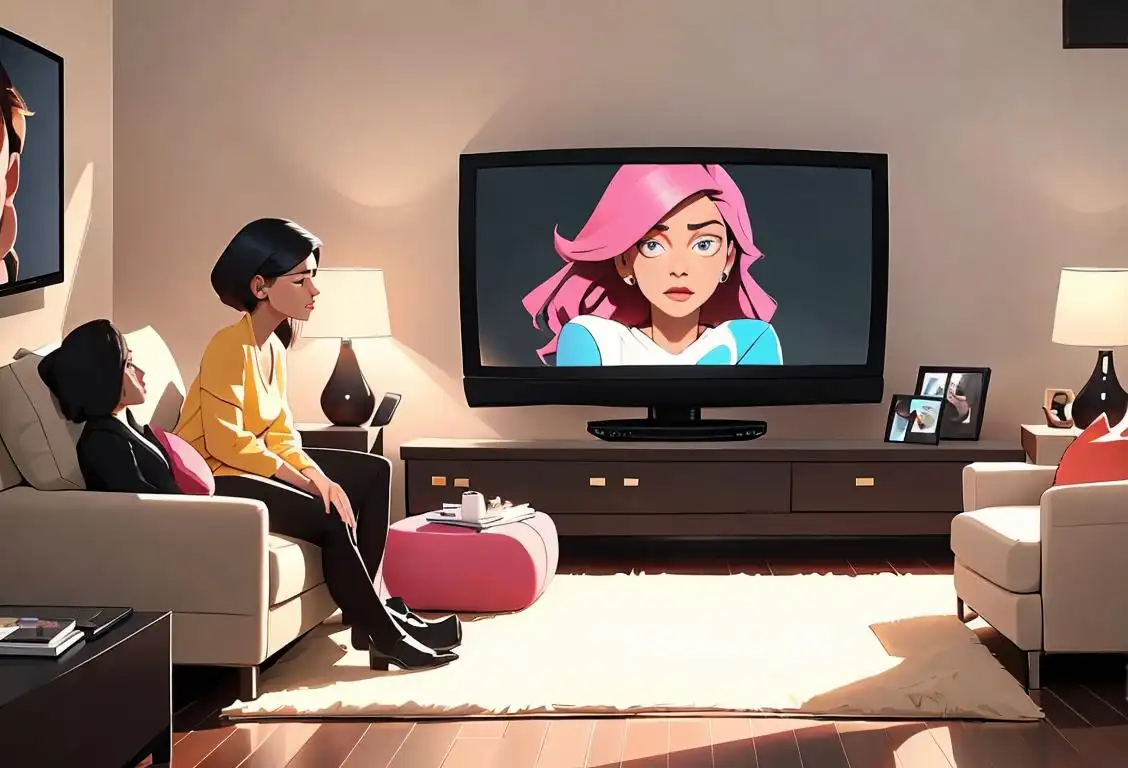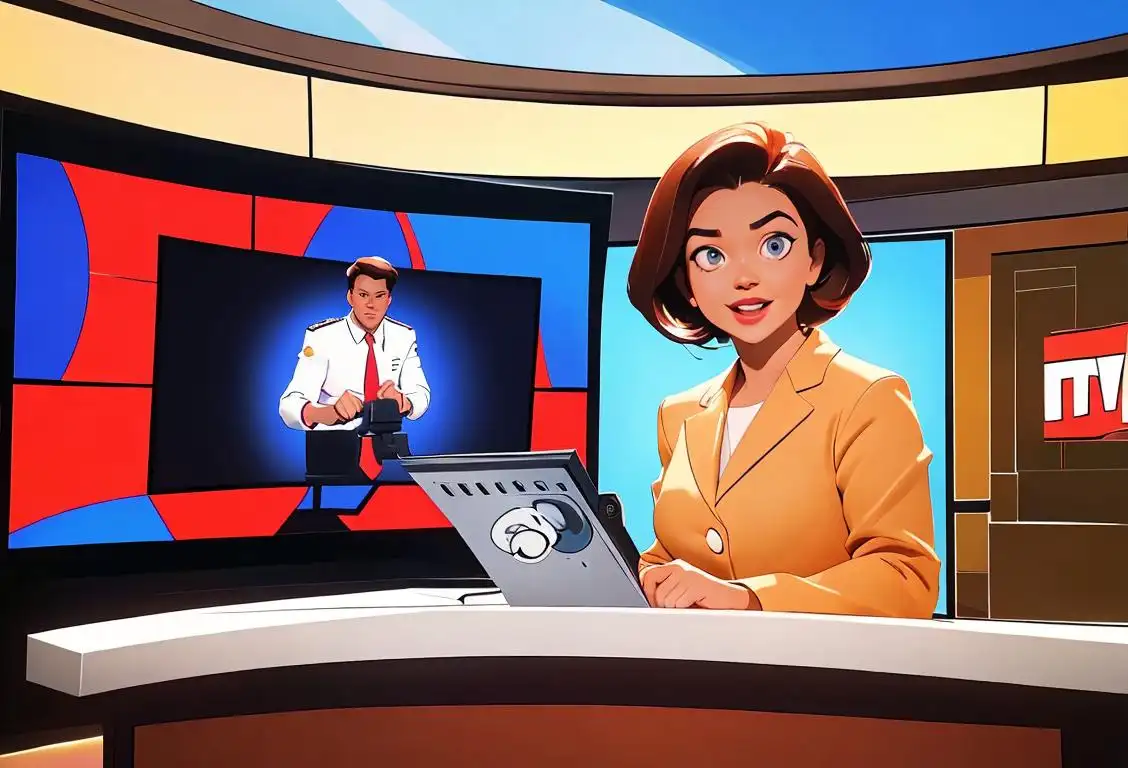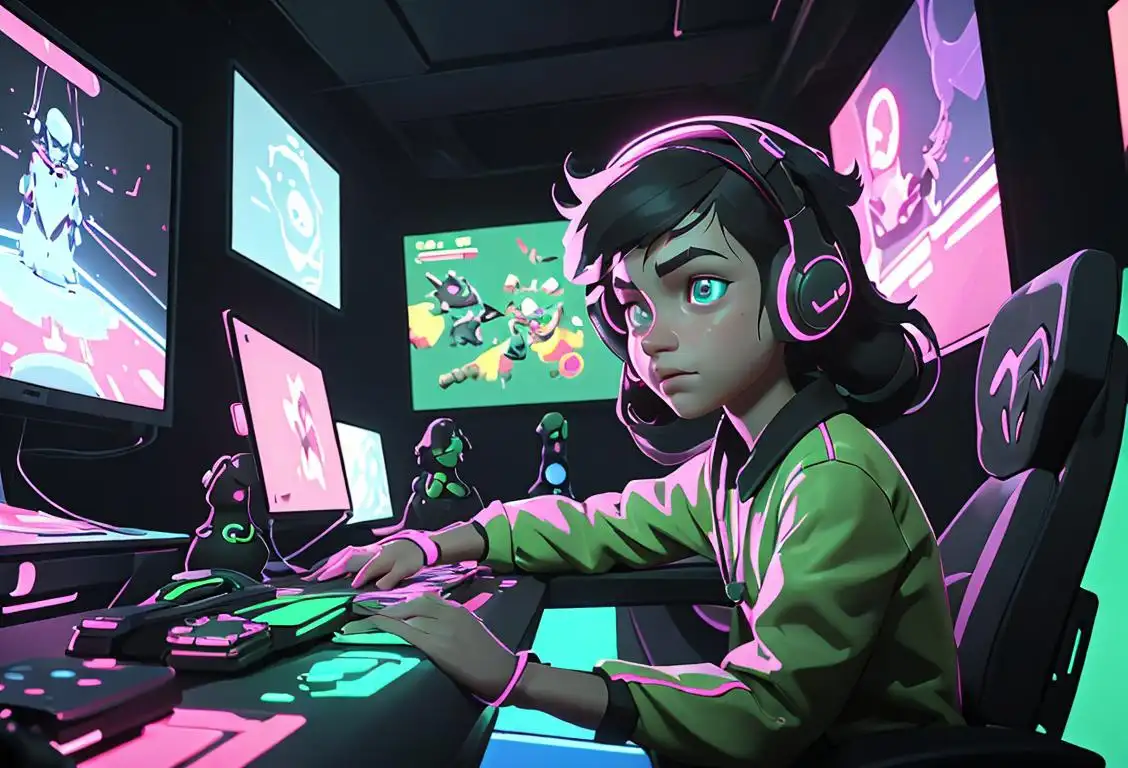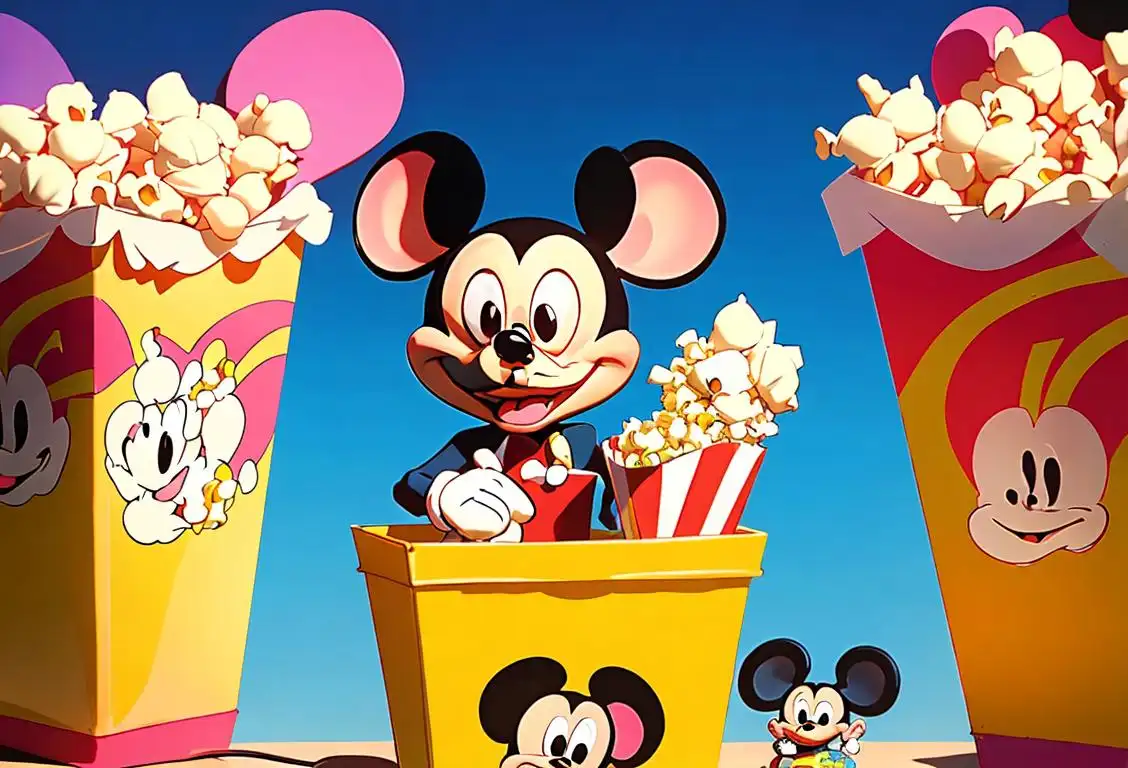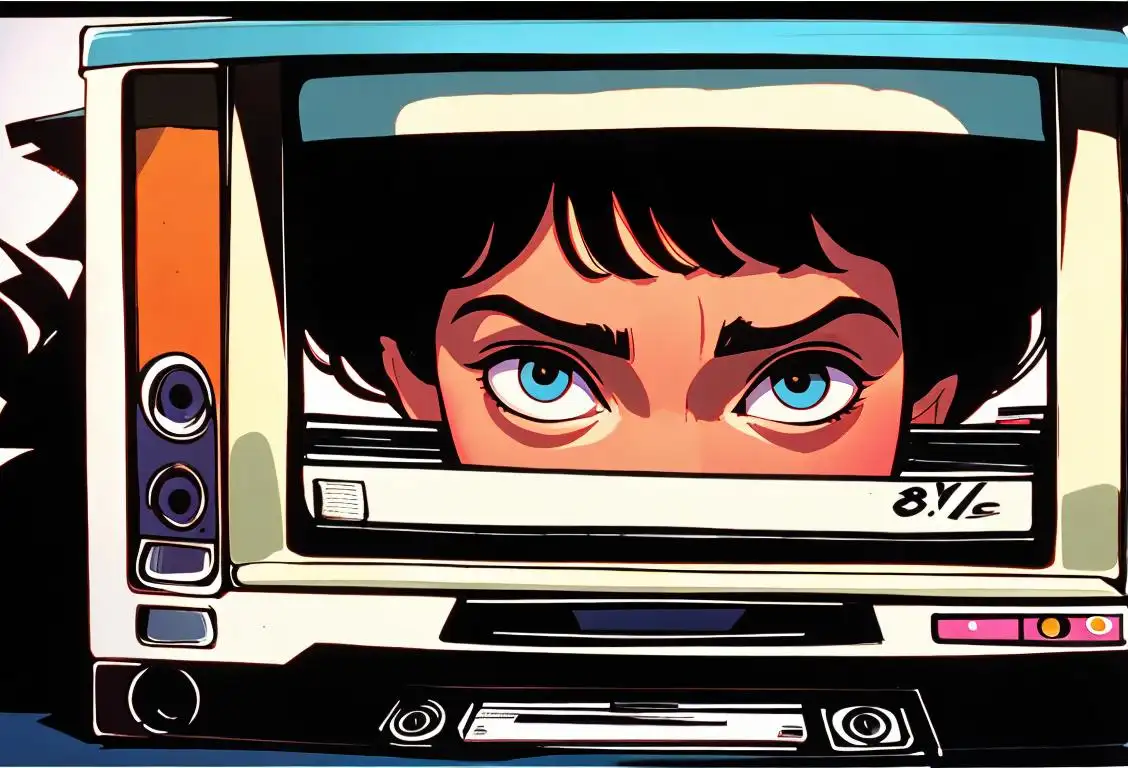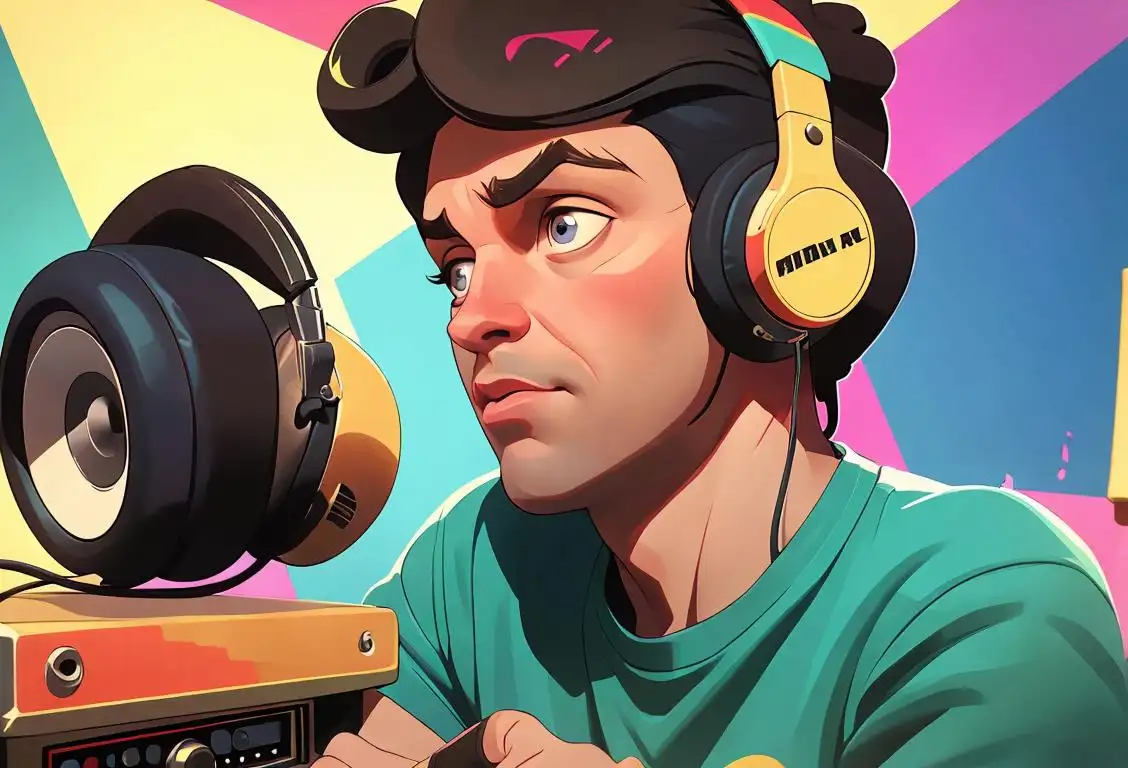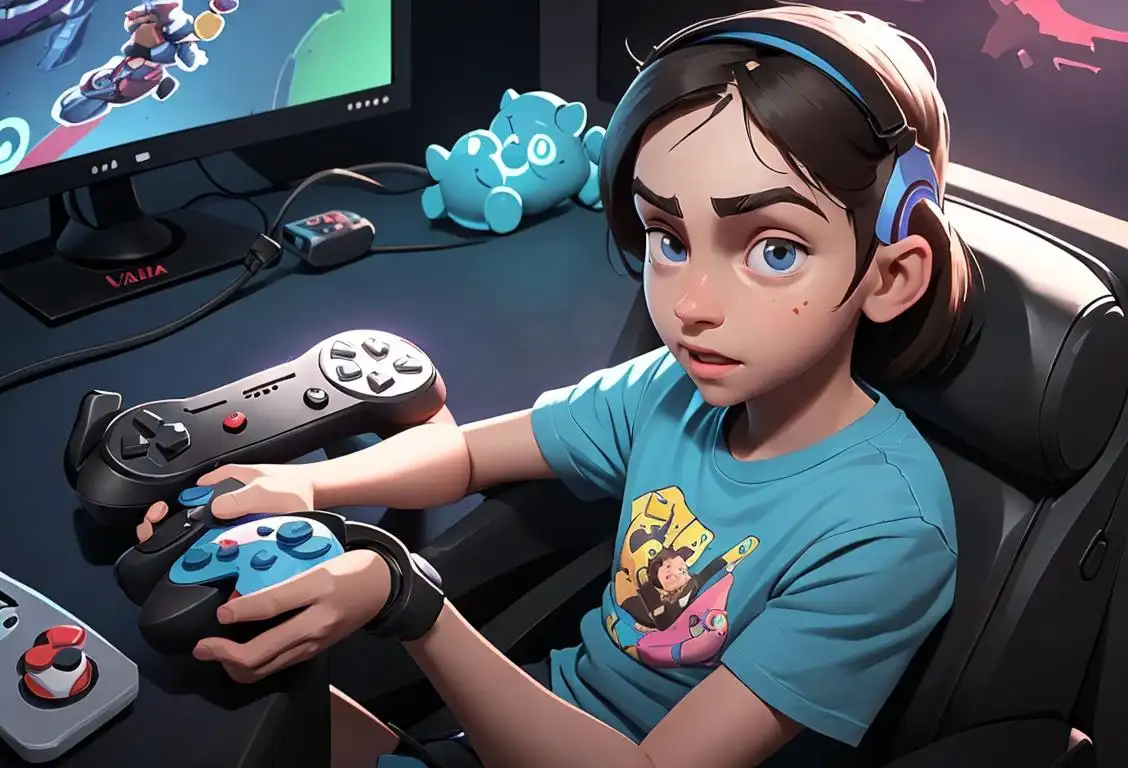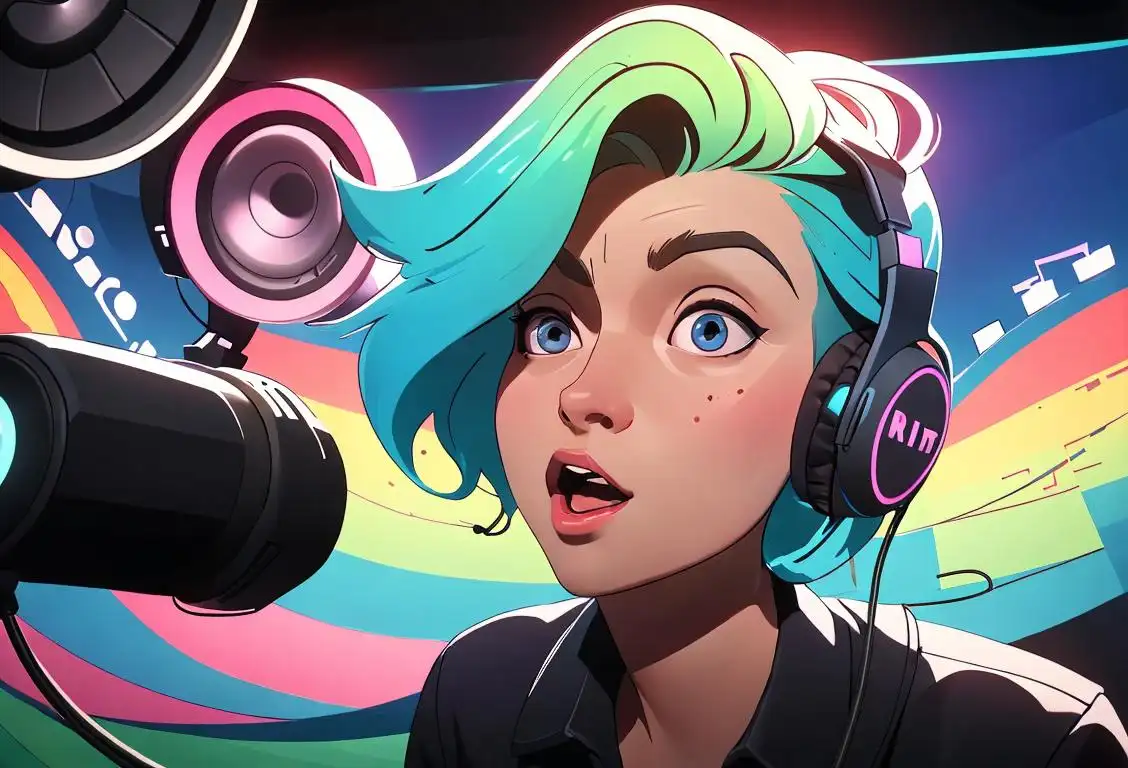National Tv Day

Hey there, TV lovers! Get ready to grab your favorite snacks, fluff up your cushions, and cozy up on the couch because it's time to celebrate National TV Day. This special day gives us a chance to appreciate the magical box that brings entertainment, information, and countless hours of binge-watching into our lives.
When is Tv Day?
It's national tv day on the 15th July.
The Birth of the Television
Let's take a trip down memory lane. The origins of television can be traced back to the late 19th century when inventors started experimenting with transmitting moving images and sounds. It took several decades of innovation and technological advancements for the television we know today to become a household staple.
Nowadays, TVs come in all shapes, sizes, and designs. From the sleek and slim LED models to massive curved screens that make you feel like you're part of the action, there's a television for every budget and viewing preference.
The Rise of Streaming
The internet age has brought about a major shift in the way we consume television content. Streaming services like Netflix, Hulu, and Amazon Prime Video have revolutionized the entertainment industry, giving us access to a vast library of movies, TV shows, and documentaries at our fingertips. No longer tied to rigid TV schedules, we can binge-watch our favorite series or discover new gems whenever and wherever. It's like having a virtual cinema right in our living rooms!
TV Shows that Captured Our Hearts
Television has given us unforgettable characters, gripping storylines, and watercooler moments. From classic sitcoms like Friends and The Simpsons to epic dramas like Game of Thrones and Breaking Bad, there's a TV show out there for everyone. TV also serves as a platform for important conversations and representation, with shows like Orange Is the New Black and Pose pushing boundaries and sparking dialogue.
The Social Aspect of TV
TV has become a social experience, with online communities dedicated to discussing and dissecting our favorite shows. Social media platforms like Twitter have become virtual living rooms where we can engage in real-time conversations about plot twists, character development, and, of course, sharing hilarious memes. TV has the power to bring people together, connecting us through our shared love for our favorite shows.
TV Trivia
Did you know that the first television commercial aired on July 1, 1941? Bulova, a watch company, aired a simple 20-second spot before a baseball game between the Philadelphia Phillies and the Brooklyn Dodgers. It certainly paved the way for the barrage of ads we see today during our TV marathons!
History behind the term 'Tv'
1927
The birth of television
In 1927, the term 'tv' was not yet coined, but it was a pivotal year for the birth of television as we know it. Philo Farnsworth, an American inventor, developed the first fully electronic television system, which used a camera to capture images and an electronic system to transmit them. This groundbreaking invention laid the foundation for the future of television technology.
1938
Television's first use during the Olympics
In 1938, the term 'tv' had not yet emerged, but television technology was advancing rapidly. The Olympics held in Berlin that year became the first event to be televised using long-distance public television broadcasting. This marked a significant milestone in the use of television for mass public entertainment and showcased its potential as a medium for global communication.
1941
The term 'tv' takes shape
The term 'tv' began to take shape in 1941 when it was informally used as an abbreviation for 'television.' As the medium gained popularity and became more widely accessible, this abbreviation became more prevalent in casual conversations and eventually entered the common lexicon. The term 'tv' quickly caught on and became the shorthand for television.
1954
The rise of color television
In 1954, color television technology took the world by storm. This marked a significant advancement in television viewing experience and led to an increased demand for color programming. While the term 'tv' was already well-established, the introduction of color television added a new dimension to the visual medium, captivating audiences with vibrant and lifelike imagery.
1990
The advent of high-definition television
The 1990s brought about a major leap forward in television technology with the introduction of high-definition television (HDTV). HDTV provided viewers with remarkably clear and detailed images, revolutionizing the viewing experience. With 'tv' being firmly established as the abbreviation for television, HDTV became a natural extension of the term, representing the next level of visual quality.
2007
The era of Smart TVs
In 2007, the term 'tv' took on new meaning as Smart TVs emerged. These televisions came equipped with internet connectivity and the ability to access online content and streaming services directly. The introduction of Smart TVs revolutionized how people interacted with their televisions and expanded the possibilities of entertainment within the confines of the device, making 'tv' evolve beyond traditional broadcast channels.
Did you know?
Did you know that the first television commercial aired on July 1, 1941?Tagged
fun nostalgia entertainment social-mediaFirst identified
29th March 2015Most mentioned on
15th July 2018Total mentions
1222Other days
Tv Day
Tv In The Same Day
Tv Station Rounded Up News Session For The Day
Anthem Before Every Movie Every Day
Videos Game Day
Mickey Mouse Day
Vcr Day
Radio Hall Of Fame Day
Vidya Game Day
Radio Show Day
